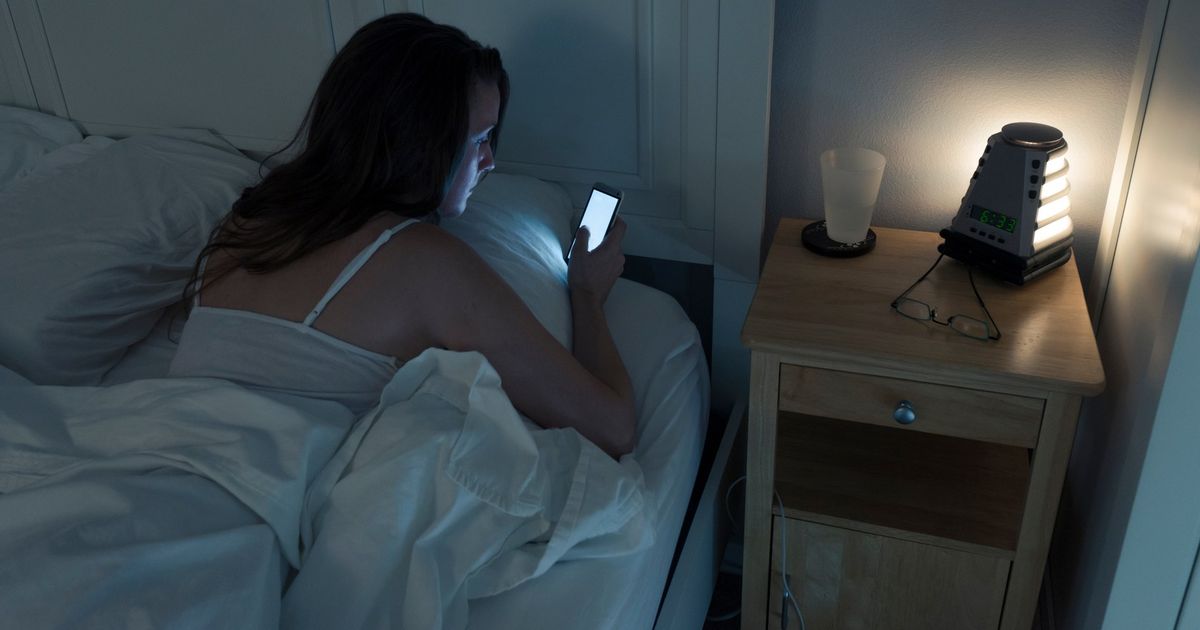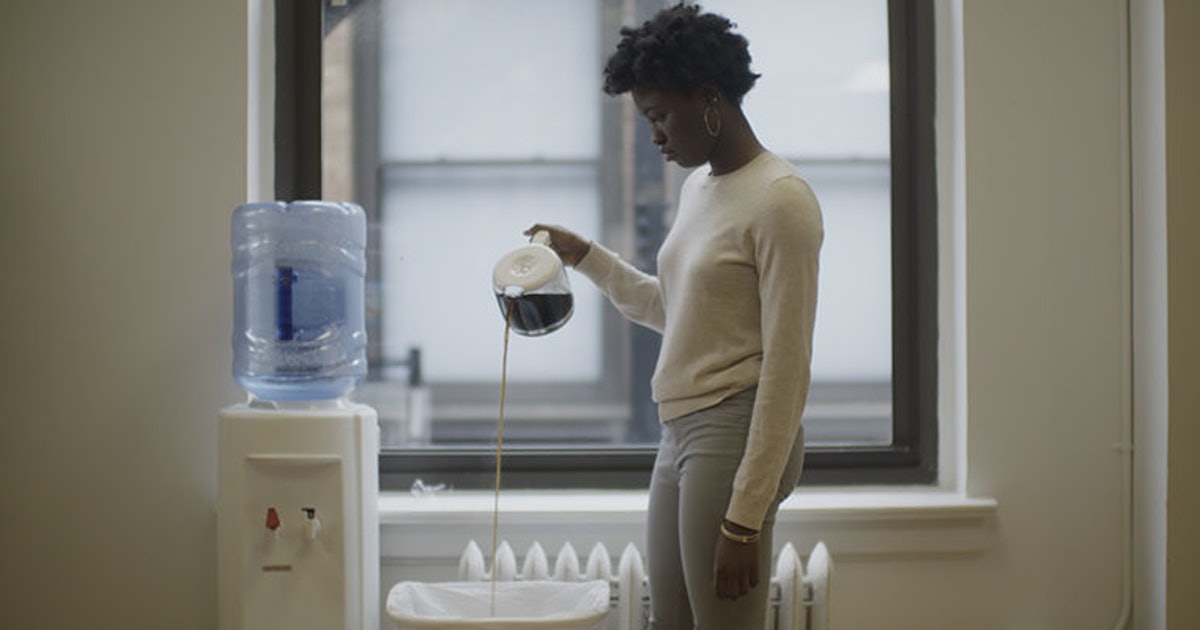How To Get A Higher Quality Sleep At Night
Reduce Blue Light At Night

The blue light that comes from many of the screens we have come to frequent before bed including phones, computers, televisions, or tablets has been found to be detrimental to sleep quality. The blue light these devices produce suppresses the body's natural production of melatonin, resulting in poor sleep quality. Besides, many of the shows and things we watch and look at during the late hours of the day end up being more stimulating than relaxing, which further negatively impacts the quality of sleep. When you do go to bed, make sure the room is especially dark, utilizing heavy blackout curtains or a sleep mask if you must.
It is a good idea to also cover up electronics that might produce any extra light. If you do insist on using your phone or computer before bed consider turning the brightness down and using a blue light filtering program to lessen their negative impact. Some of these devices even have 'night modes' built in to help reduce blue light automatically, provided you turn the setting on. If you work to reduce blue light at night, you will likely find you will rest better!
Don't Drink Caffeine After 4 PM

Most individuals know consuming caffeinated foods and beverages before bed can cause them trouble falling asleep but what most do not realize is caffeine can actually negatively impact their sleep quality up to ten to twelve hours after consuming it! Caffeine negatively affects sleep quality by way of lengthening the second phase of your body's sleep cycle where your brain starts repairing itself and making sense of the previous day. In doing this, phases three and four are shortened, which is where dreaming and REM sleep occur, and is why you will likely feel less rested even after a full eight hours of sleep.
Caffeine, as most know, is a stimulant. It works great when you need a little more pep and want to feel more awake, but if you have some too close to bedtime, you will find you either cannot fall asleep or the sleep you are getting is not restful. It is commonly recommended to avoid drinking caffeine after 4 PM, though it's best to avoid it at least eight hours before heading to bed.
